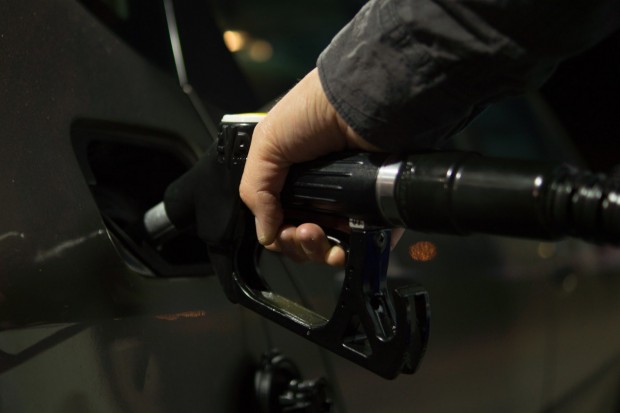Fuel companies' market premium petrol with words like 'super' and 'performance booster', but does it actually mean that it helps your vehicle or improve the economics of driving in the long term? Also, what really is the difference between regular and premium petrol?
All of us have evaluated using premium petrol even if we haven't actually gotten around using it. With the claims made by fuel companies in their marketing, it may seem that they have an edge over regular petrol. But what exactly is the difference?
What does an octane rating mean?
The octane rating of petrol determines whether it is premium or regular. The octane number of a particular type of petrol simply signifies its ability to resist detonation. The engines in our vehicles come tuned to use petrol with a certain octane rating.
Here in NZ, we use 91, 95 and 98 octane petrol. 91 is your standard 'regular', while the other two are 'premium'. Petrol is compressed in the engine by a piston and then it gets ignited by a spark. If you use petrol of a lower octane rating than recommended, then it pushes the piston down before it hits the top of the stroke, sometimes resulting in a knocking sound which is also referred to as 'pinking'. This kind of problem can damage your vehicle over the long term.
The word 'regular' does not mean lower quality by any means, it just means that it is more widely available. Like for instance, 95 octane petrol is readily available in most European countries.
The reason why 91 octane petrol is so readily available across NZ is because most cars in our country are tuned to this type of petrol. So if you use 91 petrol, you're not alone.
If your car is tuned to 91 octane petrol, will using a higher octane petrol damage it?
The answer is no. In fact, using a higher octane petrol may be beneficial. The only thing you need to be careful about is to not use a lower octane petrol than the one recommended by your car manufacturer.
But at the same time, higher octane petrol means more cost, about eight cents per litre more for 95 octane, and further eight cents per litre more for 98 octane. There is no evidence to suggest that this higher cost is offset in the long term.
Plus, for most of us who drive family and not performance vehicles, the difference in speed or responsiveness is not even noticeable.
For performance vehicle drivers who actually drive their cars for performance, it may be a good idea to use higher octane petrol or premium petrol.
Can I use 91 petrol if the car manufacturer recommends 95?
If you are wondering whether using regular petrol while your vehicle manufacturer recommends use of 95 or 98 octane petrol is a good idea, then the answer to that is no.
If you accidentally fill up using a lower octane fuel, there's no need to panic. Unlike using diesel in a petrol engine, you're not going to destroy your engine on one tank of gas. Just ensure you fill up with the correct fuel next time.
However, if you hear a pinging/ knocking noise, it likely indicates you've got a gas and air mixture in the cylinders that isn't correct and that the fuel isn't burning as intended. See a mechanic if this occurs. It's not something that you'll be able to get a car insurance payout for and there will be costly repairs.
Does this mean that the premium petrol is not useful?
For the right car, using the right fuel can be very important. Without getting into any specific claims made by any petrol brands, the fuel additives or modifications, apart from the higher octane rating, may showcase improved performance. But this improved performance does not necessarily mean better economics for the vehicle owner.
Regular or premium indicates the octane rating of the kind of petrol. What kind of petrol you use for your vehicle depends on the octane rating recommended by your manufacturer and not so much on whether the petrol you are using is 'premium' or 'regular'. If your car manufacturer recommends 95 or 98, then you must use it or risk damaging your car's engine. However, if you use 91 and wish to upgrade, you can with no consequence, but it will not deliver any improvement in performance. It's not going to make your car suddenly go faster or improve fuel economy.
See Now: OnePlus 6: How Different Will It Be From OnePlus 5?






















